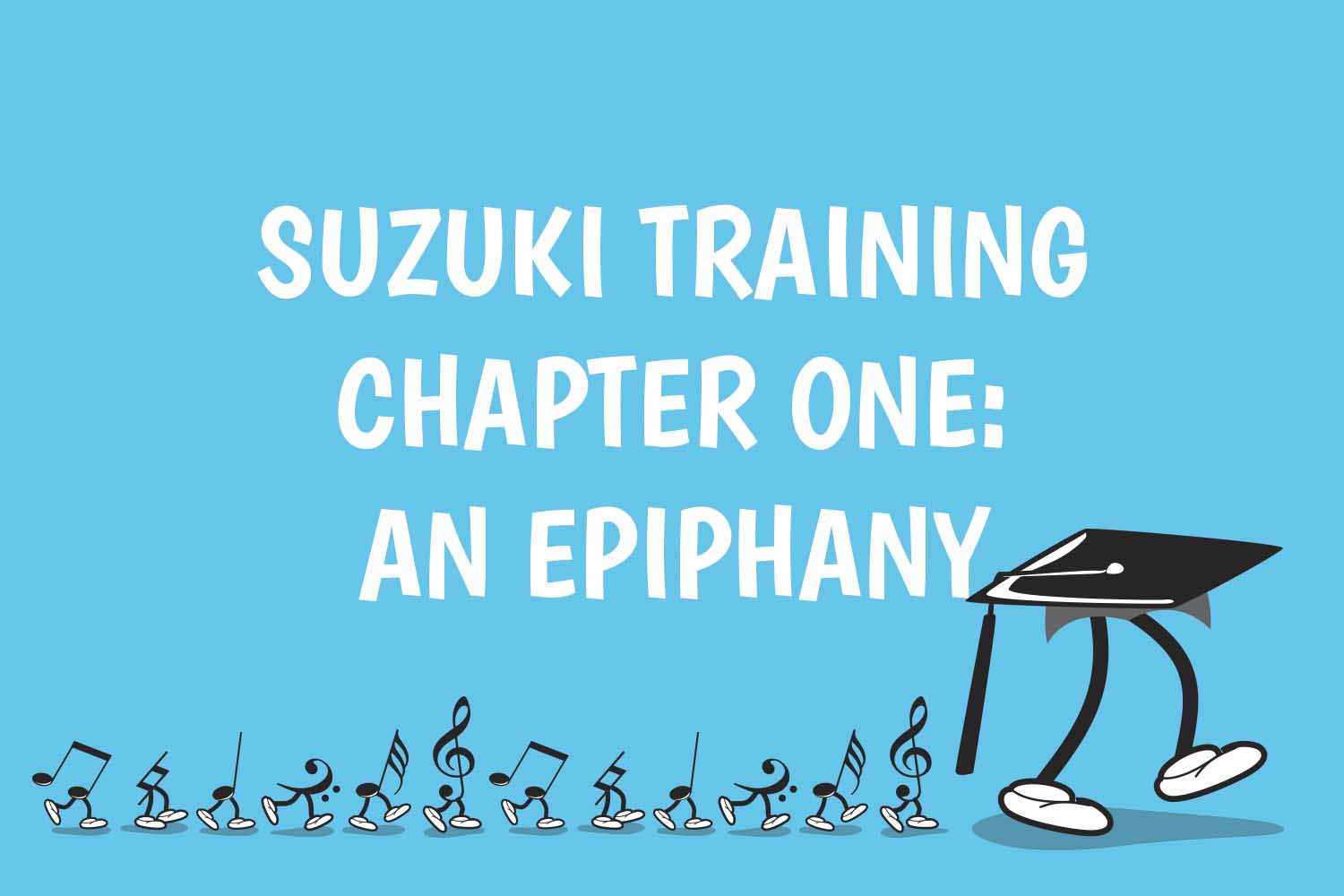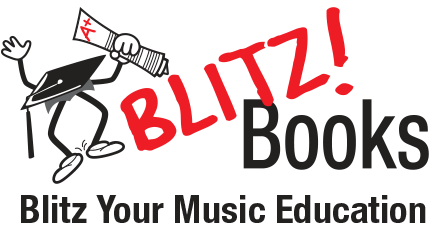Suzuki Training Chapter One: An Epiphany

Last month there was a discussion on Facebook about the Suzuki method. However, it was not the usual Suzuki discussion, which consists of traditional piano teachers lamenting the lack of sight reading skills in Suzuki students… in this thread there were many positive comments celebrating the musicality, posture, technique, performance skills AND reading skills of Suzuki students. Then someone mentioned that they were learning the Italian Concerto by Bach as part of their application to become a Suzuki teacher.
What happened next was that the combination of my love of the Italian Concerto and my long-time curiosity about the Suzuki method led me to a sudden epiphany: I should train as a Suzuki teacher!
My love of teaching repertoire and technique, and my passion for teaching sight reading skills means I have two small reasons for embarking on this journey:
- I want to fully understand how the method works, and then…
- I want to dive in and solve the sight-reading problems of much of the Suzuki world!
So, I began by pulling out my old Henle edition and I’m having great fun learning the Italian Concerto! (Well, re-learning it, as I’m pretty sure I played at least the first movement in my 8th grade exam three decades ago.)
Once I had most of the notes under my fingers, I went and had a coffee with my wonderful colleague Erica Booker, who is one of the most senior Suzuki teachers in Australia. She told me some of the history of the Suzuki method and inspired me even further to discover how it all works. I played some of the Bach for her and got positive feedback (phew). I then went about finding a mentor closer to home… which ended up being none other than Nada Brissenden, who together with her husband Harold was the pioneer of the Suzuki method in Australia.
Nada is an incredible person and someone should definitely write a book about her! (Hmmm, maybe that should be my next project?) She mentioned that I should read Suzuki’s book Nurtured by Love. One hour later I had it on my Kindle.
Wow, what a book, what a man! Suzuki single-handedly summarises with great eloquence everything I’ve been reading about (and blogging about) in terms of talent and motivation for the past I-don’t-know-how-long (in scientifically researched books). In short, he believes:
- Talent is not inborn
- No ability at all is inborn, it is all a product of a child’s environment
- If the environment right, the ability will prosper.
For example, think about your most ‘talented’ students (I hate that word… but you know what I mean). Do they have supportive parents? Yes. Do they prioritise music over other activities in the week? Yes. Do they have adequate practice time and an adequate instrument? Yes. It is these environmental factors that allow the ‘talent’ of the child to show.
Now think about your ‘least talented’ students, and you might find that the answer to most of the questions above is ‘no’. It’s no surprise that a child doesn’t progress too well in music when their parents are absent, their week is largely taken up with sport, and they have a 4-octave digital keyboard squished into the corner of their bedroom.
Suzuki wrote another book called Ability Development From Age Zero which is just as enlightening. I highly recommend these books not just for teachers to read but for parents too! There is a great deal of relevance for all of us, no matter what method we embrace.
So, I have started on my Suzuki journey. Ahead for me is the following:
- Submit a video of myself playing the Italian Concerto at a reasonable standard (doesn’t have to be memorised)
- If accepted, begin viewing lessons/workshops and learning to play all the repertoire
- Actually become an accredited Suzuki teacher at some stage in the next ??? years
- Think long and hard about how this method fits in with the 21st century lifestyle and ideals of the families we teach… and make it work.
Exciting!

Hello My name is Bernhard. I am 65
I have been following your web for sometime now I find it joyful.
Although I can read music OK and had have an interest in music theory I have no qualification whatsoever. My piano playing is poor but getting better as I have been practicing scales much. I know all my major scales. Minor and modes chord and scale construction circle of 5ths etc. Italian terms.
I am going a long way around asking a simple question.
Are your books suitable for someone like myself if I want to gain am AMEB qualification. Must one be able to play proficiently to study music theory must they go handing hand.
It is an interest for me to keep my brain active but I also enjoy very much but fell that I want to become proficient in my understanding and possibly haveda qualification.
With much thanks
Bernhard
0417057628
Hi Bernhard yes my books are written specifically for the AMEB syllabus. However you will certainly need the guidance of a teacher so that you can get the very best out of your playing and the associated theory skills. Please feel free to contact me by email.